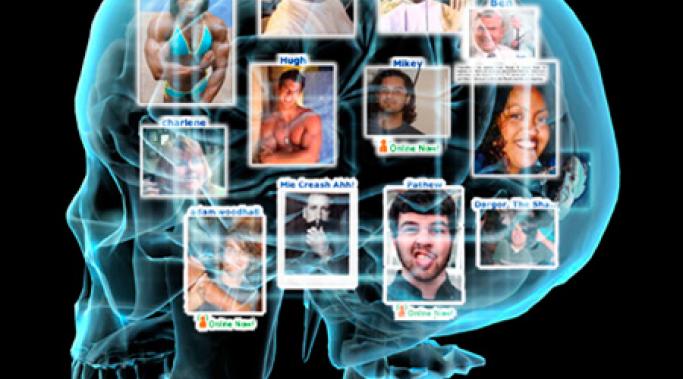Blogs
A drunk man began to touch me and another woman. He refused to stop and began to be aggressive. How would I get through this situation and its aftermath without going into psychiatric crisis?
Is it possible to think anxiety away? I know that navigating the maze of mental health isn't easy. Sometimes I feel like it just doesn't matter how well I've marked the path, I still can't find my way round the blasted thing. Thankfully, the mind tends to (subconsciously) organize around patterns. Even when we're struggling. Seeing the negative patterns, or cognitive distortions, will help you change them and then you can think anxiety away.
I know that as a semi-public person with bipolar disorder I am supposed to beam hope. I am supposed to remind people of it, write about it, speak about it, and give it to everyone wrapped in a shiny happy wrapper.
I don’t do this.
There is, without doubt, hope to be had, out there in the bipolar treatment world, but that doesn’t mean I particularly feel too strongly about it personally.
I'm one of many people with dissociative identity disorder (DID). I lose time, regularly forget pretty important stuff, and I have alters who behave according to their perceptions of the world, not mine. How does that translate to daily life? I mess up - badly and often. As I see it, the fact that I can't control DID is beside the point when it comes to personal responsibility. I don't believe my mental illness entitles me to some bad behavior or extra leniency. But just like I can't use DID as an excuse, neither can anyone else.
In treatment for Dissociative Identity Disorder (previously classified as Multiple Personality Disorder) since 1992, Sarah E. Olson fully integrated more than fifty alters. "Integration doesn't make your life instantly healed," says Sarah, author of Becoming One: A Story of Triumph Over Multiple Personality Disorder and the Third of a Lifetime blog.
Following on from my last post, choosing a therapist -
Most therapists will ask for a brief overview of what brings you to them, either over the phone or when you attend an interview session. It's helpful to have an answer already prepared.
Write down or mentally list the main issues you want to deal with - treating panic attacks, managing social anxiety, getting anxiety relief, depression related issues, or anything else.
Sometimes people don't have many words for what exactly is bringing them into therapy but they know there's a problem they don't want to deal with alone any more. It's OK to say that.
We’ve all seen them: the old married couples sporting matching track suits, similar hairdos and even eerily speaking the same way. I suppose that after years, or even decades of living with someone that time has the magical ability to transform two separate individuals into one analogous life-form. Luckily I have not been married all that long yet, but I’ve witnessed it in my friends who have been with their partners for years, and am beginning to notice slight changes within my own relationship.
Last night I listened to the HealthyPlace Mental Health Radio Show interview with Sarah Olson, the author of Becoming One: A Story of Triumph Over Multiple Personality Disorder. She talked about her integration experience and I greedily took in every word. Here was someone who had achieved what was once my most fevered wish. After I got over the initial shock of my Dissociative Identity Disorder diagnosis, my focus narrowed to one elusive, coveted dream: the complete integration of alters. This shining promise of a cohesive, unified identity was all I wanted out of Dissociative Identity Disorder treatment.
If you’ve been diagnosed with a major mental illness, you’re probably not leaving the doctor’s office without a prescription in-hand. There’s a good reason for this: people only get help when they’re in bad shape. When people are in bad shape, medications work the most quickly and the most reliably (except electroconvulsive therapy, but that isn’t generally a first-line treatment for a host of reasons).
So, if you’ve just been handed you first prescription with incomprehensible handwriting and a drug name with too many syllables, what’s a person to do? Well, you can start by following these Psych Med Commandments.
I have a confession to make:
I get jealous of charitable causes that get more attention than mental-health-related organizations.
Does that make me a bad person?




I'm sorry that you're out of medication. I can understand being concerned about your health. That seems quite reasonable to me.
I don't know why you're out of medication, but maybe you could look into getting more. I know that can be a challenge in some situations. I think it's quite important, though. Going off medication cold turkey is not advisable.
If withdrawal symptoms do come up, don't be scared to see a doctor. They may be able to help you mitigate them.
Good luck.
-- Natasha Tracy